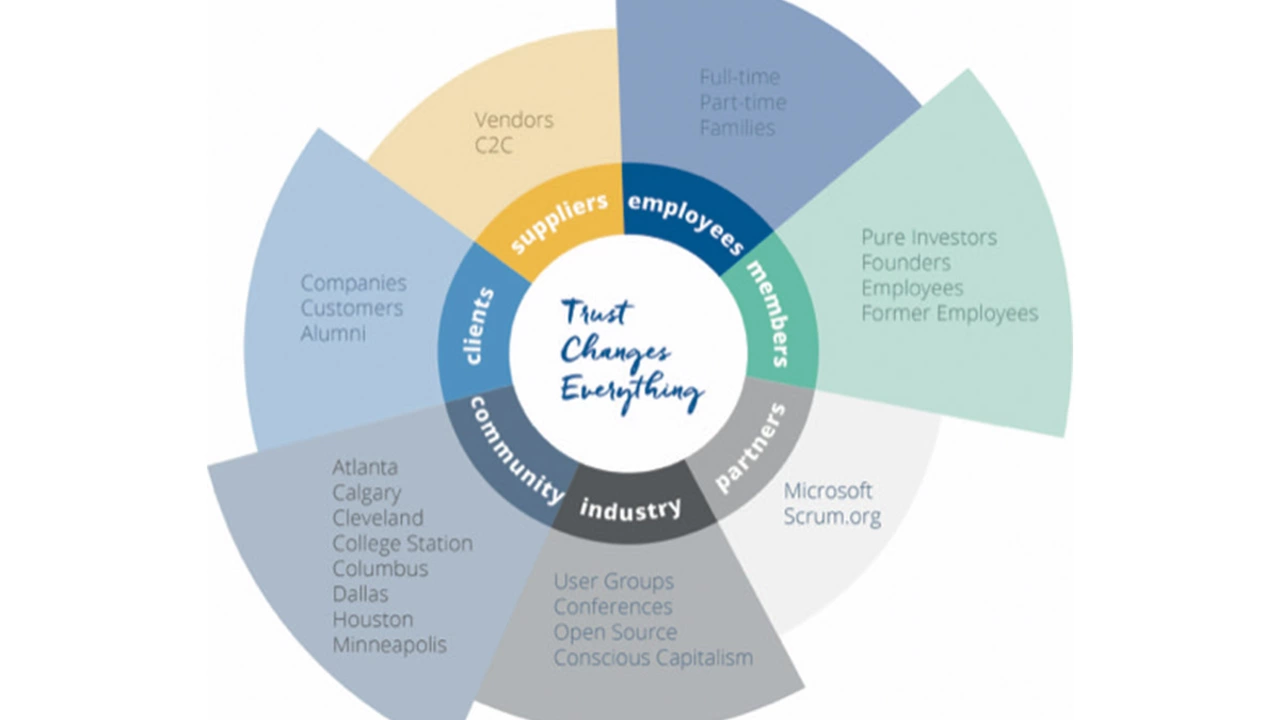The Profit-driven Nature of Healthcare
In a capitalist healthcare system, hospitals, clinics, and even doctors are often driven by profit. This means that the ultimate goal is not necessarily the health and well-being of patients, but rather the bottom line. Expensive treatments and procedures are often pushed, even when they might not be the best choice for a patient's health. This can lead to unnecessary and potentially harmful care, all in the name of generating more revenue.
The Inaccessibility of Quality Care
Under capitalism, quality healthcare becomes a commodity that is accessible only to those who can afford it. Rather than being a basic human right, it becomes a privilege. This leaves millions of people, particularly those from lower income brackets, without access to necessary care. It creates a two-tier system where the wealthy receive superior care, while the poor are left to suffer.
High Costs of Medication
The pharmaceutical industry is a prime example of capitalism's negative impact on healthcare. In a bid to maximize profits, companies often charge exorbitant prices for essential medications, putting them out of reach for many people. It's not uncommon for individuals to skip doses or forgo medication altogether due to cost, with serious implications for their health.
The Exploitation of Healthcare Workers
In capitalism, healthcare workers, including doctors, nurses, and allied health professionals, are often underpaid and overworked. They are expected to work long hours, often under stressful conditions, with little regard for their own health and wellbeing. This can lead to burnout and high turnover rates, further affecting the quality of care patients receive.
Focus on Treatment Rather Than Prevention
Capitalist healthcare systems are often more focused on treating illnesses rather than preventing them. This is because treating illnesses is often more profitable. It means more visits to the doctor, more medications, and more procedures. On the other hand, prevention, while better for the patient, does not bring in as much revenue.
The Lack of Universal Coverage
One of the key features of a capitalist healthcare system is the lack of universal coverage. In many countries, healthcare is tied to employment, meaning that those who are unemployed or underemployed often lack access to healthcare. Even those who do have insurance often face high deductibles and copays, making healthcare unaffordable.
Impersonal Patient Care
Capitalism has led to an impersonal approach to patient care. In many instances, patients are treated like numbers or dollar signs rather than individuals. This can lead to a lack of empathy and understanding, which can affect the quality of care and the patient's overall experience.
The Role of Insurance Companies
Insurance companies play a major role in a capitalist healthcare system. They often dictate what treatments are covered and how much they will pay for them, sometimes overriding the recommendations of doctors. This can lead to patients not getting the care they need, or being forced to pay out of pocket for necessary treatments.





Write a comment